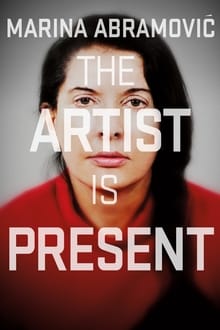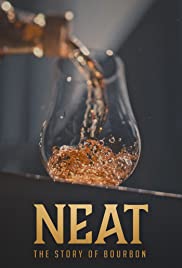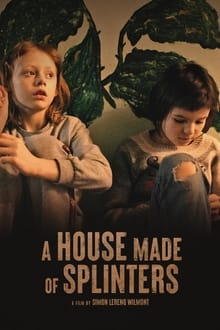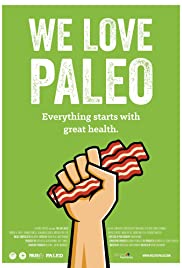
A 1971–72 documentary film by Jonas Mekas. It revolves around Mekas’ trip back to Semeniškiai, the village of his birth.
You May Also Like

Before man ruled the world, Earth was a land of giants, from birds with plane-length wingspans to Boeing 737- sized dinosaurs. Count down the biggest beasts in this spectacular special.

When Terry and Monique left the opera to pursue their true passion – ecological farming – their story of community and resilience took center stage. We follow their young family and a diverse group of farmers and scientists as they blend age old traditions with cutting edge science to develop improved methods for growing food ecologically and in a changing climate. A hopeful story and Canadian perspective on a global social movement that regenerates the land, farming and communities.

Performance artist Marina Abramovic prepares for a major retrospective of her work at the Museum of Modern Art in New York.

Go behind the scenes with stars, puppeteers and creators as they bring Jim Henson’s magical world of Thra back to life in a sweeping fantasy series.

Neat is a documentary that dives into the rich and storied world of bourbon. Exploring it’s colorful history, charismatic characters, and uniquely American process, the film is a celebration of the time, artistry, and relationships that make for America’s only native spirit.

A temporary house for abandoned children near the front line in eastern Ukraine is run by a small group of social workers determined to provide comfort and safety. It may be humble and somewhat run-down, but this house is filled with love and offers up to nine months of refuge to kids whose fate will be determined by the system. During this short time, the caretakers try to nurture within them a sense of stability and normalcy.

Due to a pandemic, the Electric Castle music festival shifts into an intimate concert staged for cameras instead, with three bands and no live audience.

Shot through the seasons over the period of 16 months, the documentary dives into the cold water swimming community of Gaddings Dam, Calderdale, West Yorkshire, home to the UK’s highest beach. The film tracks the breathtaking landscape and its community of wild swimmers, as they use the restorative powers of cold water to reconnect with their mental health, identity and the natural environment.

Doctors, nutritionists, authors and entrepreneurs from 4 countries share why they choose to go against conventional health wisdom to promote Paleo. The film also reflects on how they were profoundly transformed by the lifestyle beforehand.

In “Shade Grown Coffee” you’ll learn about the coffee-making process, all the way from harvesting the ripe cherries to preparing your favourite cup of coffee. Visiting the passionate farmers, roasters and baristas you’ll get rarely shared insights on the business of coffee, and learn how you can enjoy a more sustainable cup – and a brighter tomorrow. A documentary film for coffee enthusiasts and nature lovers alike, “Shade Grown Coffee” aims to deepen your understanding and appreciation of your next cup of coffee.

Healthcare systems are overwhelmed, economies are disrupted and governments impose lockdowns to contain the spread of the virus. Where did this novel coronavirus come from? In what way was it manifesting itself in humans? How was it being spread? We uncover the vital questions scientists ask as they grapple to understand this new virus, and its potential threat. We also speak to the scientists and experts leading the fight against this latest pandemic to develop vaccines and treatments in a bid to halt the coronavirus’ relentless spread.

Thomas Cromwell has gone down in history as one of the most corrupt and manipulative ruffians ever to hold power in England. A chief minister who used his position to smash the Roman Catholic church in England and loot the monasteries for his own gain. A man who used torture to bring about the execution of the woman who had once been his friend and supporter – Anne Boleyn. Diarmaid MacCulloch, professor of the history of the church at Oxford University, reveals a very different image of Cromwell. He describes Cromwell as an evangelical reformer, determined to break the hierarchy of the Roman Catholic church and introduce the people of England to a new type of Christianity in which each individual makes direct contact with God.